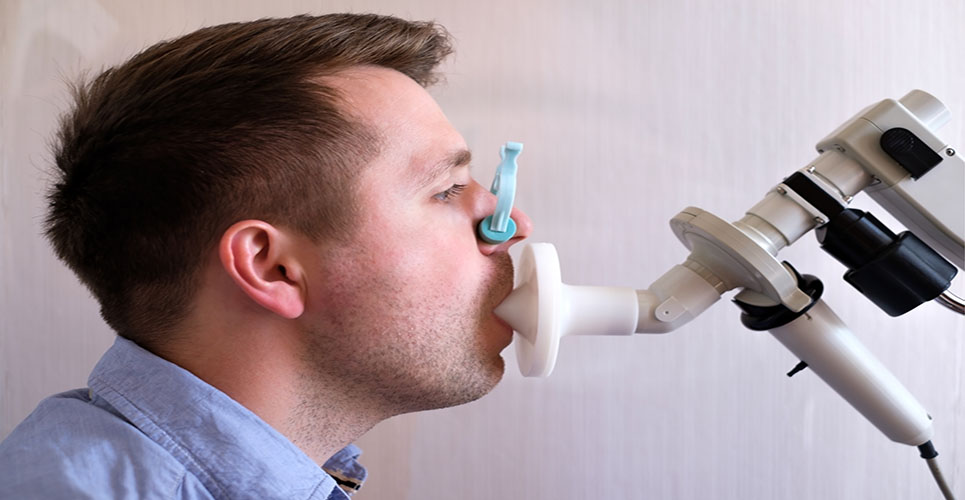↓Article continues below this sponsored advert↓
↑Advertisement↑
Sanofi Pasteur, the vaccines division of Sanofi (EURONEXT: SAN and NYSE: SNY), has announced a long-term strategic cooperation with SK Chemical Co. to co-develop an innovative pneumococcal conjugate vaccine (PCV). This agreement will enable Sanofi Pasteur to access the global PCV market of $4 billion USD. The World Health Organization (WHO) recommends the use of PCVs in all countries.
The collaboration agreement includes research & development, production, and commercialisation of a preventative pneumococcal disease vaccine. As part of the agreement, Sanofi will make an up-front payment of $23 million USD to SK Chemical Co. Both companies will co-invest in the development of the PCV vaccine project and, if successful, SK Chemical would produce the innovative vaccine at its production facility located in An-dong – the southern part of Korea. The product, once registered, would be launched globally by Sanofi Pasteur with shared profits outside of Korea, where SK would commercialise it with exclusive rights.
“Sanofi Pasteur is committed to driving the open innovation strategy in improving global public-health concerns, and to this end, this collaboration with SK Chemical will showcase a win-win partnership built on mutual strengths and expertise of each company;” said Sanofi Pasteur CEO, Olivier Charmeil. “With this agreement, Sanofi Pasteur will enlarge its unique portfolio of products, embracing the value of open innovation.”
“This is an important milestone for SK and for Korea,” stated Mr. In-Serk Lee, CEO of SK Chemical “We are proud to partner with Sanofi Pasteur, one of the global leaders of the vaccine industry, to be able to develop and manufacture in Korea a premium vaccine that has the potential to be distributed worldwide.”
According to the WHO, diseases caused by Streptococcus pneumoniae (pneumococcus)–such as pneumonia, meningitis and febrile bacteraemia–constitute a major, global public-health problem; otitis media, sinusitis and bronchitis are more common but less serious manifestations of infection. It is estimated that about 14.5 million episodes of serious pneumococcal disease occur annually, resulting in about 826,000 deaths in children aged 1–59 months.
SK Chemical recently unveiled its state-of-the-art, quality by design, multi-product production facility. The plant is currently producing various vaccines for clinical trials. Once the testing is over, the plant will start producing vaccines at large scale using next-generation technologies.
About pneumococcal disease
In the developed world, serious disease occurs mainly in children under two years of age and in the elderly. In developing countries, the disease is common in children under two years, including new born infants; rates of the disease in the elderly population are largely unknown. HIV infection and other conditions associated with immune deficiency greatly increase the likelihood of contracting pneumococcal disease. Growing resistance of pneumococcus to conventional antibiotics underlines the urgent need for vaccines to be used to control pneumococcal disease.

